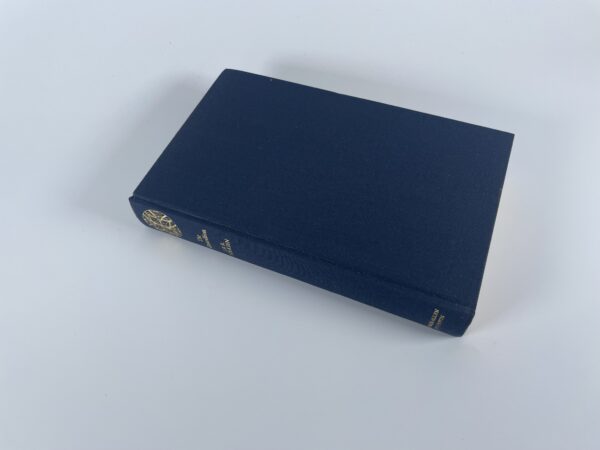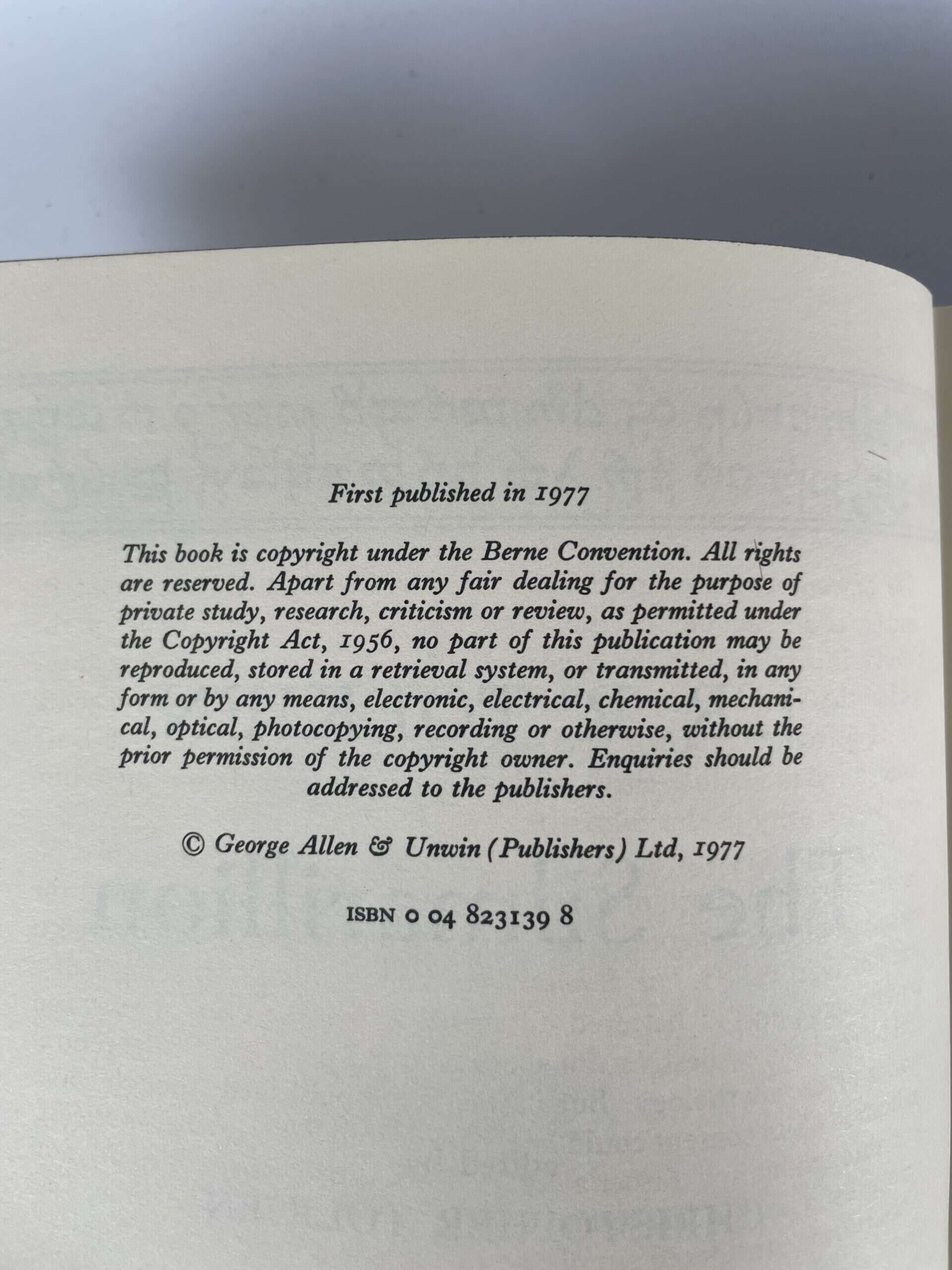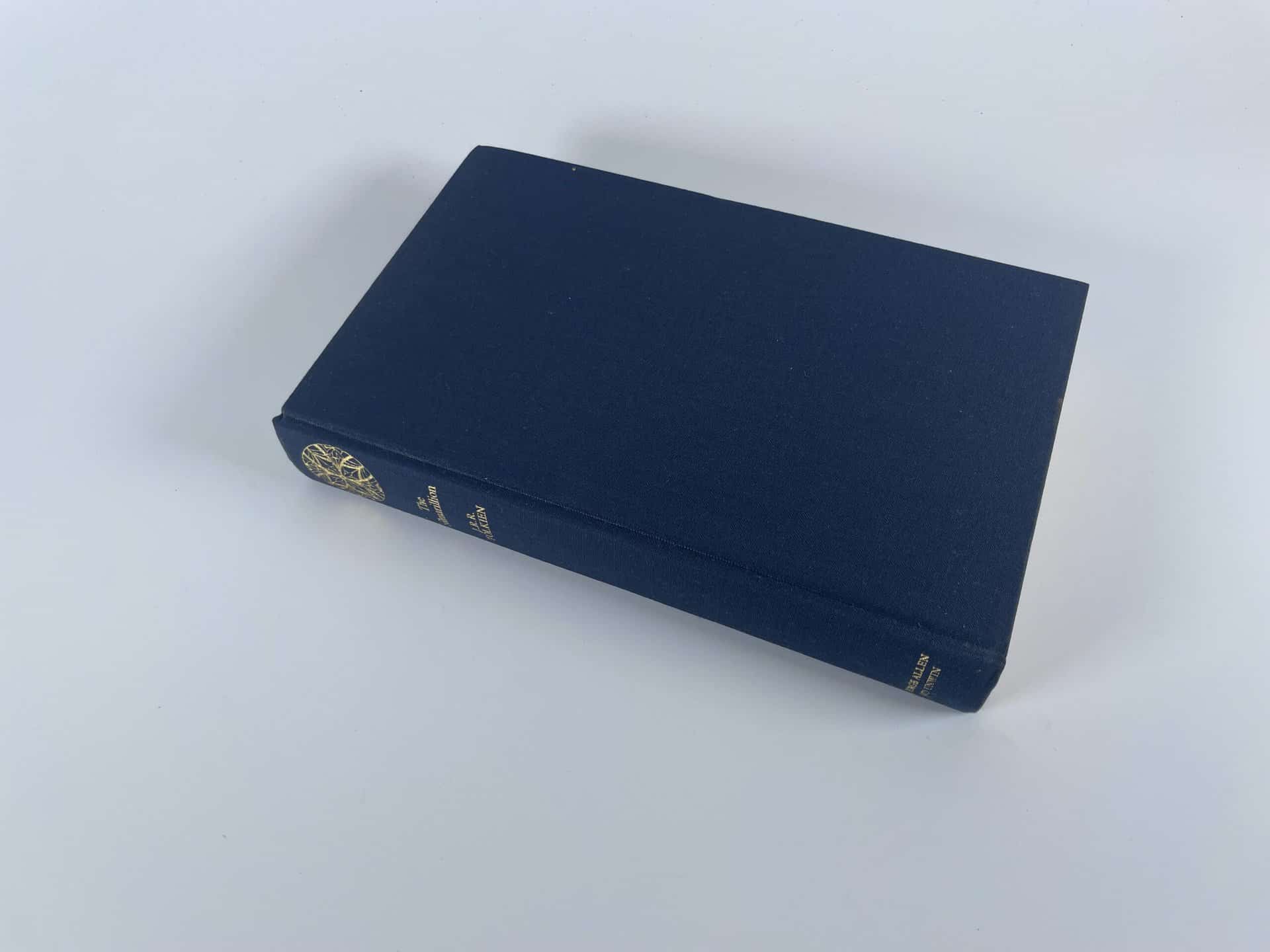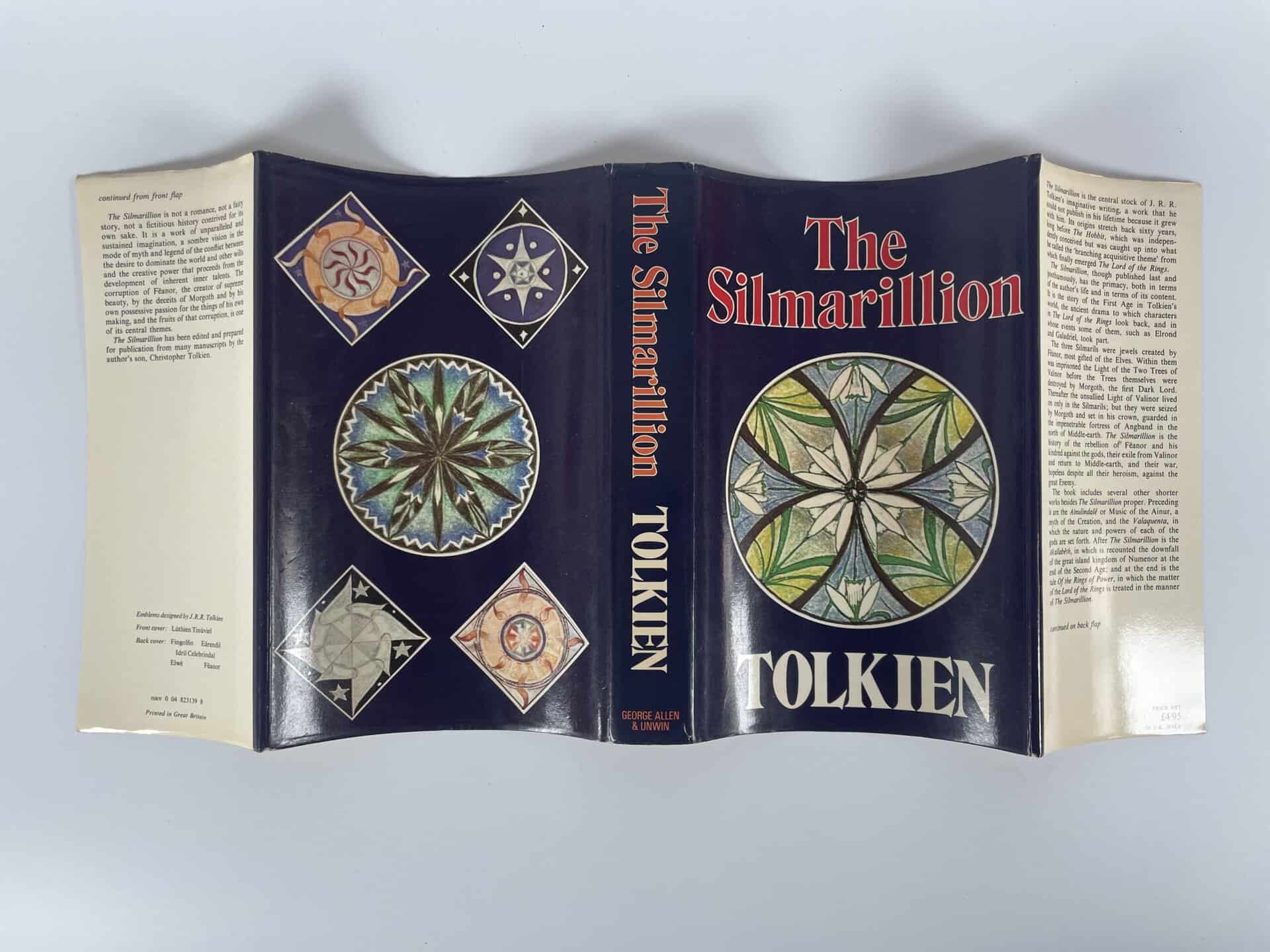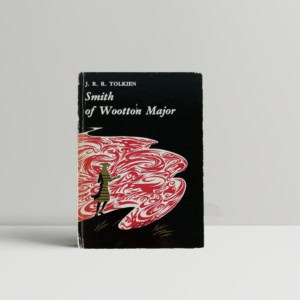We're now open Sundays from 10am - 4pm
J.R.R. Tolkien – The Silmarillion – First Edition 1977
£175.00
First edition, first printing. Published by George Allen and Unwin, London, in 1977. This is a near fine book. The dust wrapper is without notable wear not been price clipped, showing the original 4.95 net price. The spine is full of colour. The boards are free from chips and marks and the text blocks are clean. Full blue topstain is present. The map in the rear is still present. No inscriptions. This copy is in near fine condition.
A collection of myths and stories in varying styles.
(We don't keep all of our stock in the shop, so send us an email if you're planning a trip to see a particular author or book.)
- Description
Description
First edition, first printing. Published by George Allen and Unwin, London, in 1977. This is a near fine book. The dust wrapper is without notable wear not been price clipped, showing the original 4.95 net price. The spine is full of colour. The boards are free from chips and marks and the text blocks are clean. Full blue topstain is present. The map in the rear is still present. No inscriptions. This copy is in near fine condition.
A collection of myths and stories in varying styles.



